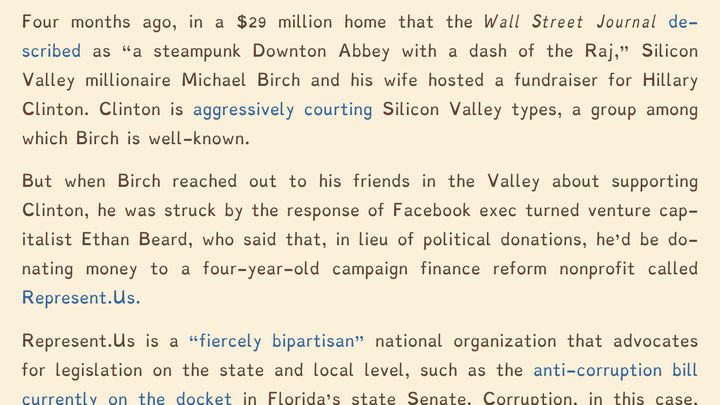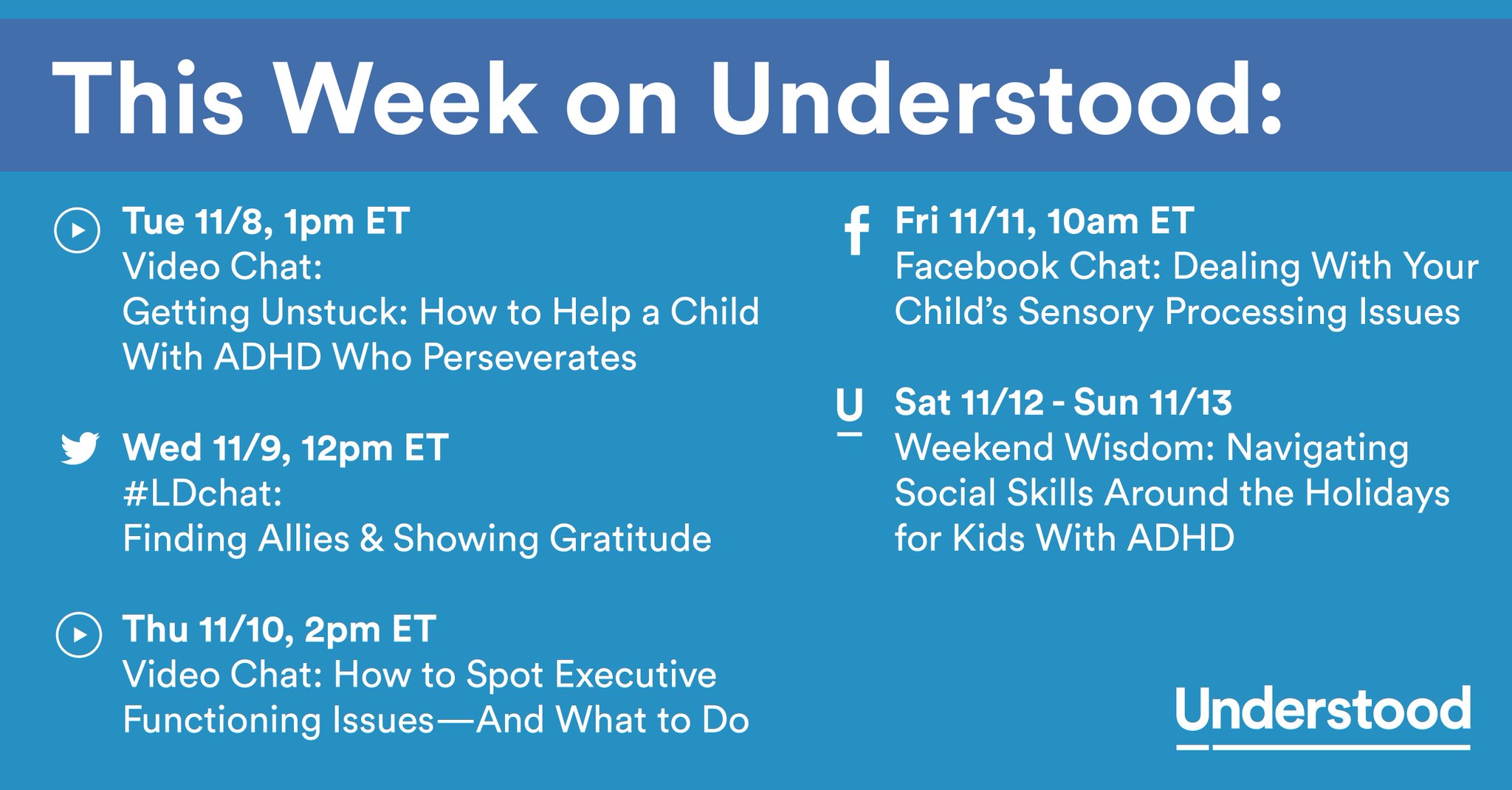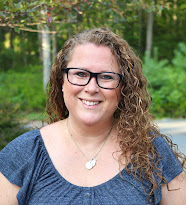Presenter: Daniel Cochrane (@DCochraneATP), AT specialist/coordinator for Community Unit School District 200 in Wheaton and Warrenville, IL.
Presenter: Kelly Key (@KKey_AT), AT Coordinator, Barrington Community School District 220 in Barrington, IL.
What: How to Use Speech Recognition for Writing
When: December 6, 2016
4:30 PM - 5:30 PM (CST)
Source: Don Johnston














































